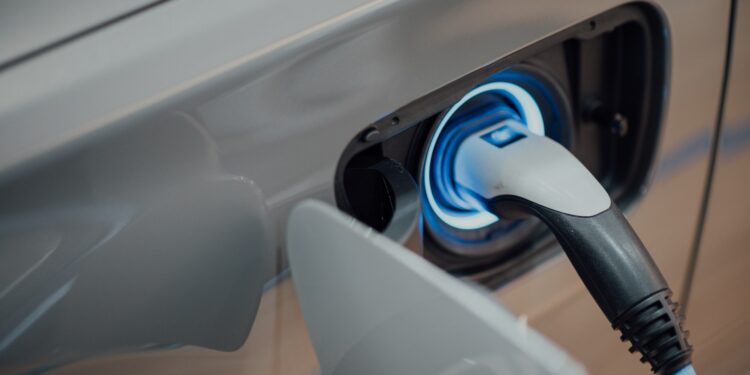Prime Minister Boris Johnson recently announced that the UK would commit to banning the sale of new petrol cars by 2030, in a bid to aid the country in achieving its target of going carbon neutral by 2050.
The move looks set to spell the eventual end of fossil fuel vehicles, as drivers will face an entirely electric market place for new cars in a decade from now.
Alongside committing to ban the sale of fossil fuel cars, the UK government also announced that it would be funding a huge initiative geared towards electric vehicle adoption. £1.3 billion is set to be funnelled into creating an infrastructure that facilitates the rollout of charging points for electric cars, while £582 million in grants are set to be handed out to drivers in a bid to financially support those looking to embrace carbon-neutral driving. Almost £500 million is set to be invested in the next four years alone in the development and production of electric vehicle batteries.
The Importance of Carbon Neutral Driving
Vehicles that run on fossil fuels have long been an issue that climate change charities have been calling to put a stop to. In 2018, Greenpeace called for carbon neutrality on the roads by 2028 “or it’s game over for the climate.”
While this timeframe may seem alarmingly tight for drivers and the motoring industry as a whole, Norway has pioneered the way in ramping up its environmental efforts by working towards a 2025 deadline to ban the sale of new fossil fuel vehicles.
Road transport represents almost 12% of global greenhouse gas emissions. While this shows that there’s plenty of work to be done across a range of industries, carbon-neutral vehicles will go some way towards lowering our carbon footprint. However, for changes to really take hold, it requires all nations across the world to play their part also – something that’s unlikely to happen at present.
The ‘Herculean Effort’ of Going Carbon Neutral
The UK’s announcement about banning the sale of petrol cars led to some strong reactions in the world of motoring, with the BBC reporting that one industry group claimed that the country would need a ‘herculean effort’ towards achieving their 2030 goal.
For a nation that’s set to spend much of 2021 counting the economic costs of both the Covid-19 pandemic and Brexit, it’s hard to take the government’s multi-billion pound commitments to develop the domestic electric vehicle industry at face value.
In 2019, just 1.6% of cars registered in the UK were battery powered. European nations continued to experience growth in their electric vehicles markets, despite a widespread downturn in adoption across the rest of the world and a full trend reversal in the United States.
Given that Europe is pioneering more ambitious climate change measures, we may see markets reacting positively to the news of nations like Norway, Denmark and the UK actively seeking to limit the sale of fossil fuel vehicles over the coming 10 years.
The Path to Price Parity
One of the most significant steps that the UK and other countries committing to carbon neutrality need to take involves working towards achieving price parity between electric vehicles and fossil fuel vehicles. PV Magazine estimates that this will occur in 2022 when cost-effective measures cause larger electric vehicles to fall to similar price ranges as internal combustion engine vehicles. By 2030, the magazine believes that inexpensive small electric cars will reach price parity with small fossil fuel cars in nations like Japan and India.
Price parity will largely be driven by European and Chinese markets – which are forecast to represent 72% of passenger electric vehicle sales in 2030. At the end of this decade, European and Chinese markets will be expected to have around 50% of their cars on national roads being electric.
It’s also important to note that there’s a danger petrol cars could depreciate in value ahead of the 2030 ban – further complicating the adoption of electric solutions.
According to a recent YouGov poll, there’s still plenty of confusion surrounding electric vehicles and the benefits that drivers can receive financially from owning an electric car. While there are plenty of government schemes available to subsidise the cost of electric vehicle ownership, achieving price parity is likely to be the catalyst for major adoption in the UK.
Regardless of whether the UK’s intentions towards implementing carbon-neutral driving by 2030 seems a little ambitious for a government that’s still coming to terms with financial hardships brought on by Covid and its exit from the European Union, banning the sales of new petrol cars represents a significant step towards limiting the national carbon footprint.









